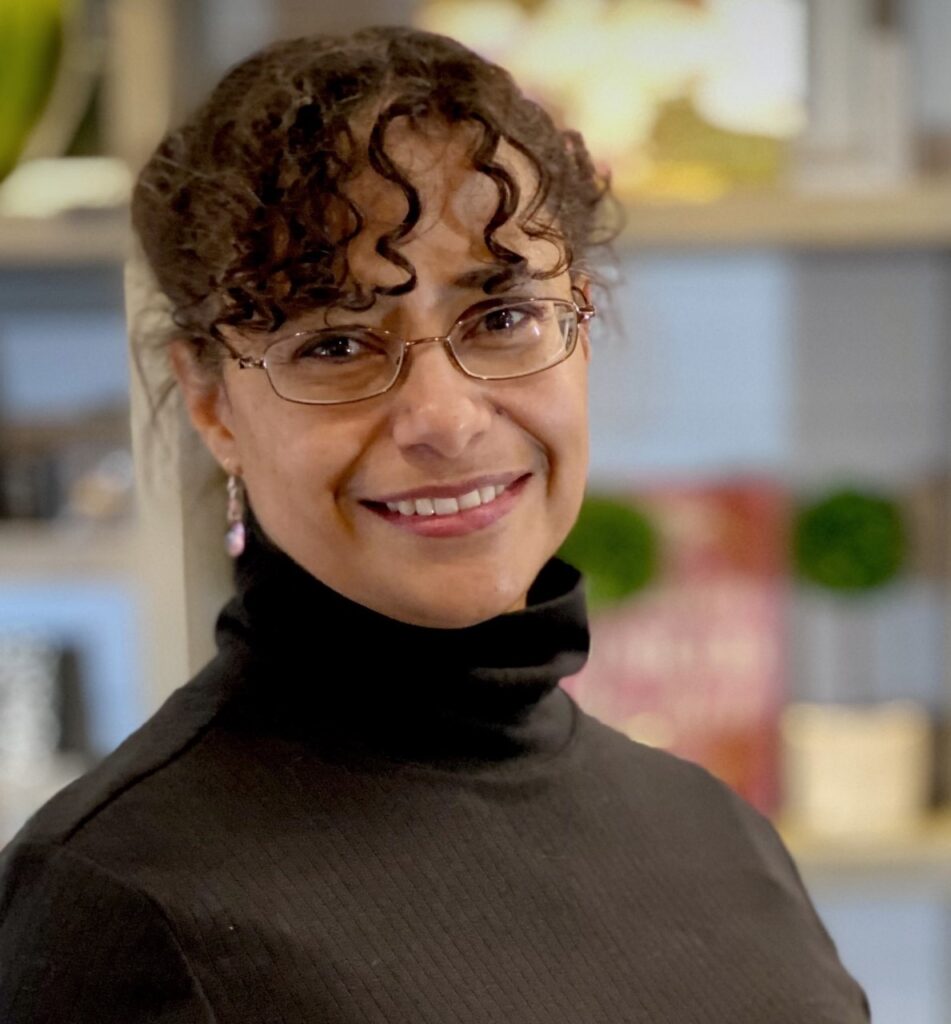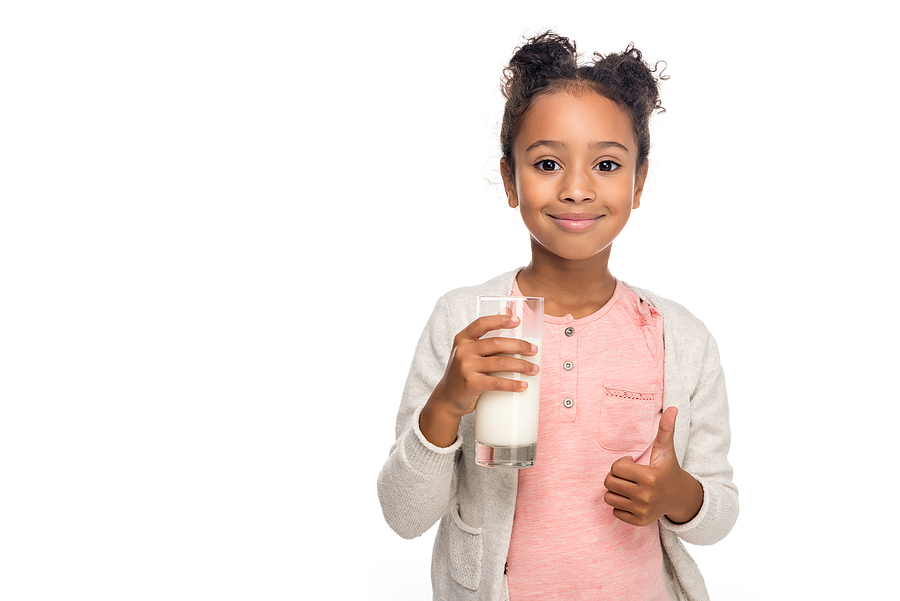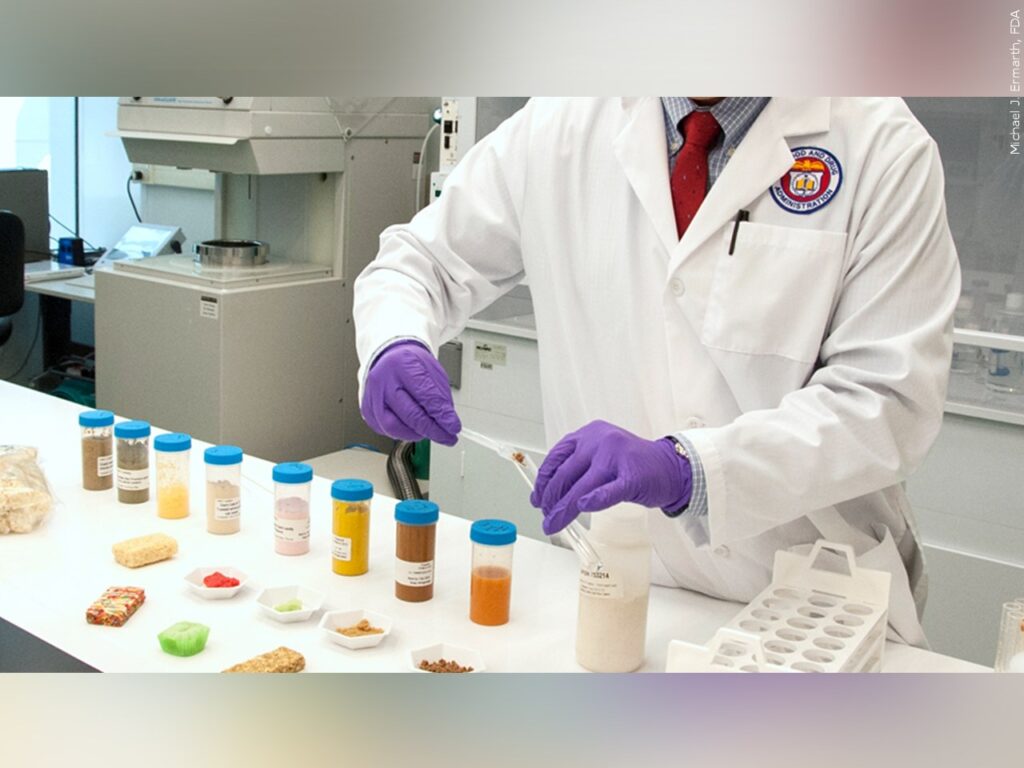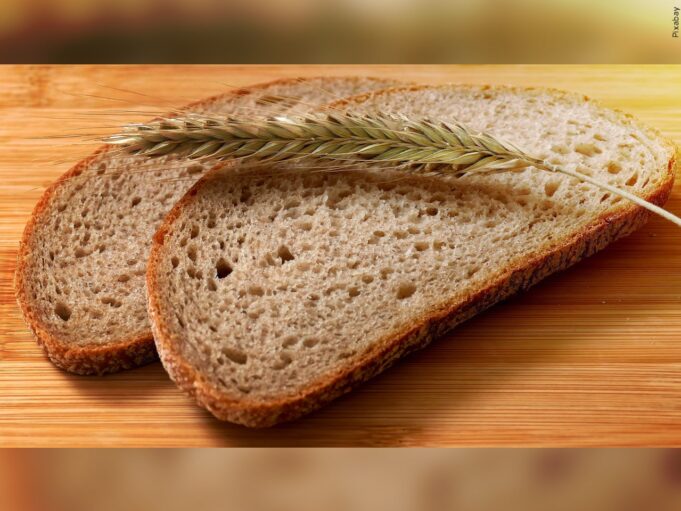by Dr. Christina Parks Guest Columnist
“Fresh fruit and fresh edible vegetables and good pure wheat bread, pure milk and butter are the best food for man.”—How To Eat To Live, Book 2, p. 64

The Most Honorable Elijah Muhammad and the Bible both lift up bread and milk as life-giving foods. The Bible often refers to Jesus as “The Bread of Life” and to the Holy Land as “The Land of Milk and Honey.” However, in our modern times, many people find that they need to avoid bread and dairy or go on a gluten-free diet to maintain their health.
It is important to explore why many people are no longer tolerating these God-given foods and what can be done to obtain and prepare them in a manner that is nourishing to our bodies.
There are three key reasons that we are no longer tolerating foods that were health-giving for our parents and grandparents. The first reason is that mass vaccination has increased our allergic response to foods. In addition to not tolerating bread and milk well, many people now find that they have allergic reactions (or histamine reactions) to many fruits, especially those containing any trace of mold.
Vaccination is undoubtedly one of the major causes of our modern hypersensitivity to many foods. The Mawson study, which compared health outcomes in vaccinated and unvaccinated children, found that vaccinated children were at least 30 times more likely to struggle with allergies than their unvaccinated siblings. Aluminum, which is in many childhood vaccines, is routinely administered to mice to create models of allergic conditions.
Some historical researchers note that prior to the onset of vaccination, there was no mention of allergic conditions in the historical medical literature. Dr. Chris Exley has demonstrated that an easy way to help detox the body of aluminum is to drink high-silica water (often from volcanic sources), such as Fiji brand water.

The second reason many people do not tolerate milk and bread is because their microbiome, the bacteria in their gut that help digest food, has been compromised by toxic chemicals in the food and the overuse of antibiotics. Bacteria produce proteins called enzymes that help us digest and absorb nutrients from our food. If the gut doesn’t have the proper balance of bacteria, food is not broken down and absorbed properly.
Imbalances in gut bacteria also lead to a condition called “leaky gut,” where particles of our food slip through cracks in the intestinal lining and into our bloodstream. When we suffer from “leaky gut,” particles of food that make it into our bloodstream create an allergic reaction in our bodies every time we eat.
This immune activation causes inflammation in the body that is often experienced as brain fog, lethargy, and sometimes hives or rashes. In order to restore a healthy microbiome, one can eat fermented foods (yogurt, sauerkraut, pickles) and take probiotics.
Gut expert Sabin Hazan has found that COVID and the COVID vaccines have been particularly hard on gut health and that bifidobacteria are a strain of bacteria that are particularly important to restore following the “pandemic.” Make sure to check labels to make sure the product you are using includes bifidobacteria.

The third reason many people do not tolerate milk and bread is because these foods are not eaten in their most digestible state. Milk and bread both contain large proteins that are hard for the body to digest. In milk, this protein is casein. Raw milk contains certain enzymes that easily digest casein. However, most milk is heated (pasteurized) in a way that destroys the digestive power of these enzymes. Obtaining high-quality, clean, raw milk (from animals eating an organic diet) will ensure that the milk is digestible and that the nutrients are properly absorbed.
The Weston A Price Foundation tells us that raw “milk is an important source for nutrients like fat-soluble vitamin A, D, E and K2; vitamin C; all the B vitamins, especially vitamins B2, B6 and B12; and minerals like calcium, phosphorus and zinc as well as essential trace minerals. Levels of these vitamins will be higher if the cow is on pasture eating green grass.”
Many of these vitamins, especially Vitamin C, Vitamin D and their co-factors are also destroyed by heating (pasteurization). Raw milk is also high in bifidobacteria and also contains components that do not allow pathogenic bacteria to persist and grow in it. The milk of goats is generally considered to be more digestible than cow’s milk and can be more appropriate for small children that are no longer nursing.
Bread contains proteins that are very difficult for the body to digest. Historically, these proteins (glutenins and gliadins) were broken down during the fermentation of bread prior to baking. In fact, the process by which bacteria and yeast break down these proteins is what produces the gas that causes bread to rise. However, in the modern practice of baking bread, yeast are fed sugar instead of being allowed to break down the bread dough itself.

This is done in order to speed up the process of getting the bread to rise. This “short-circuiting” of the fermentation process has resulted in bread that is more difficult to digest and more likely to contribute to “leaky gut” as well as other gut problems. It also contains less nutrients and tends to spoil faster if chemical preservatives are not added.
“The whole wheat kernel should be milled and ground very fine. When you are ready to make bread, add water and yeast to it and set it aside to sour. This will put it in a better digestive state to be cooked properly for your stomach to digest.” —How To Eat To Live, Book 1, p. 37
The exhortation of The Most Honorable Elijah Muhammad to ferment bread, thoroughly bake it and then re-cook, or toast, bread before eating will ensure that these proteins are properly broken down for the easiest digestion and for the best absorption of nutrients.
During the process of fermentation, bacteria/yeast create many additional vitamins, antioxidants and nutrients that then become part of the bread. An excellent resource for learning how to make your own sourdough bread is “Flour Water Salt Yeast: The Fundamentals of Artisan Bread and Pizza,” by Ken Forkish.
The bacterial cultures (sold as freeze-dried packets) that are necessary for proper fermentation can be obtained at the website “Cultures for Health.” This website is also an excellent informational resource for those who wish to learn how to make sourdough bread, make cheese, and ferment vegetables.
Our modern ways are not always better. Obtaining the knowledge of the benefits of pure raw milk and cultivating traditional bread-making skills are ESSENTIAL to the cultivation of the health of our families.
Dr. Christina Park is a Ph.D. in Cellular and Molecular Biology. She is an educator, researcher and scientist who gained widespread recognition following her appearance before the Michigan State Legislature on August 10, 2021, where she forcefully challenged the COVID-19 policies.
Opinions expressed by columnists are uncensored and are not necessarily the views of the Most Honorable Elijah Muhammad, the Honorable Minister Louis Farrakhan, the Nation of Islam or The Final Call. Please consult the page 28 “How To Eat To Live” article by the Most Honorable Elijah Muhammad in the current issue of this newspaper.













